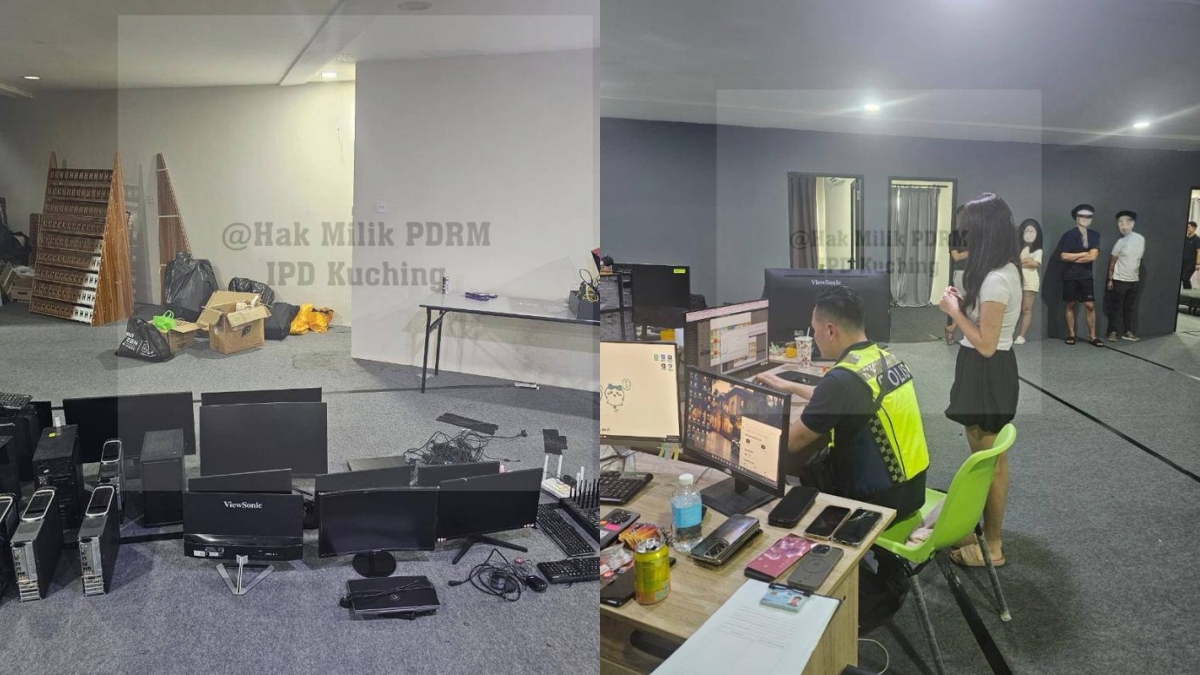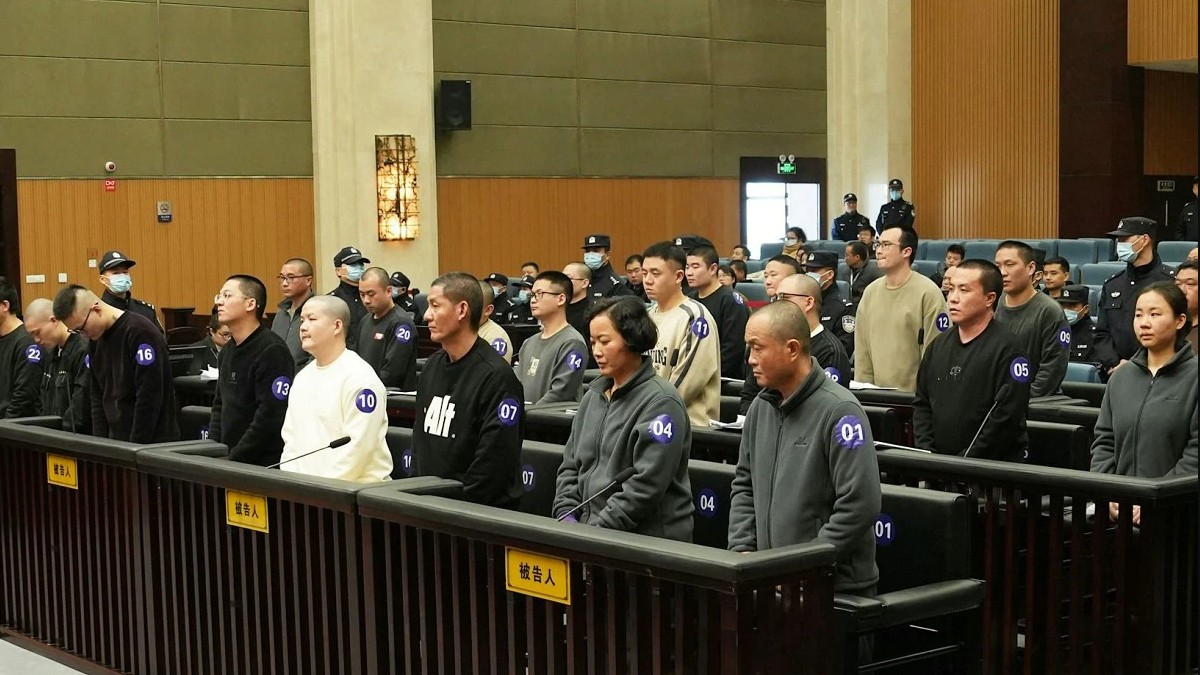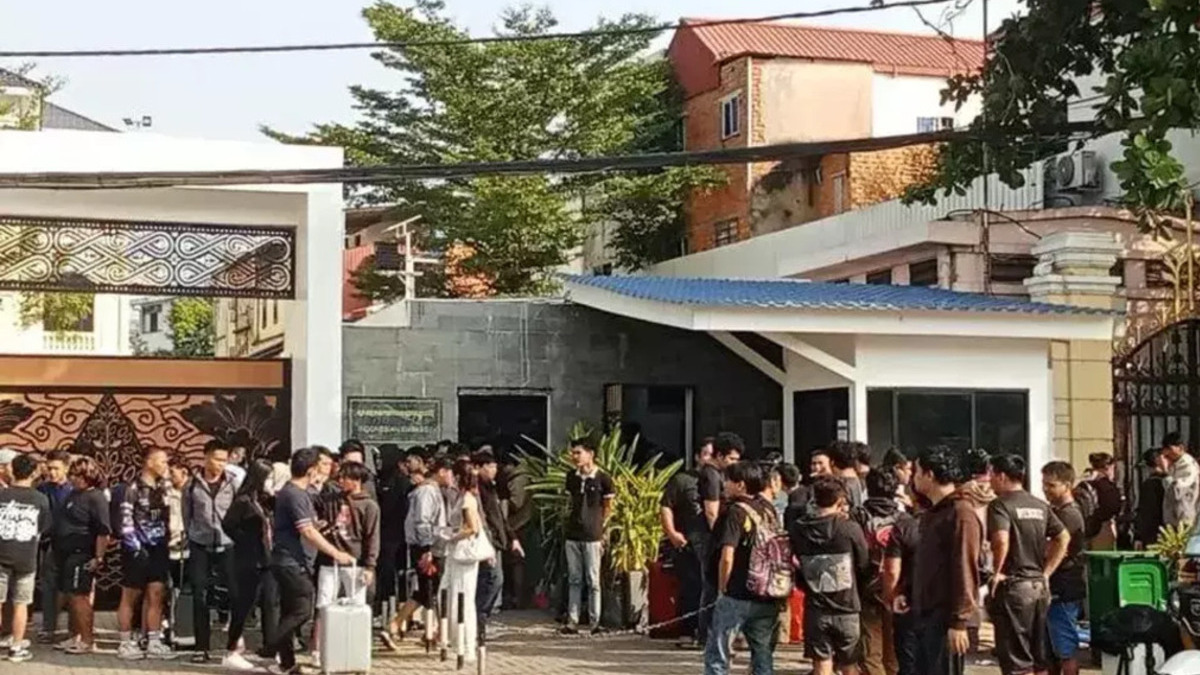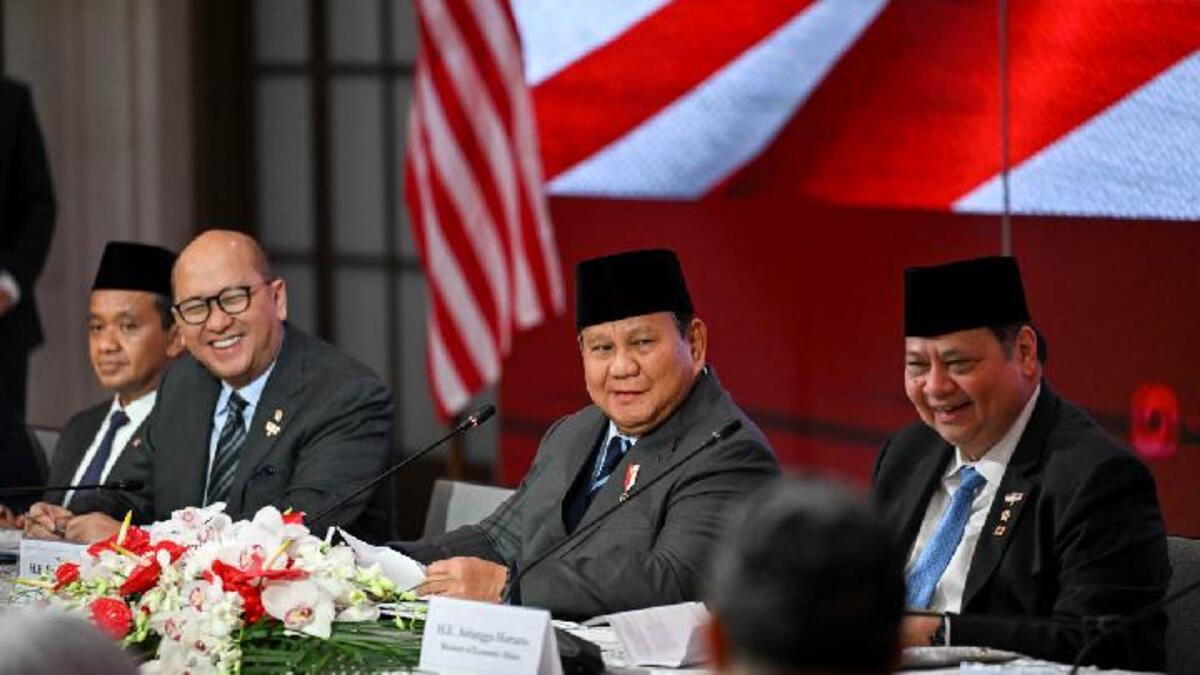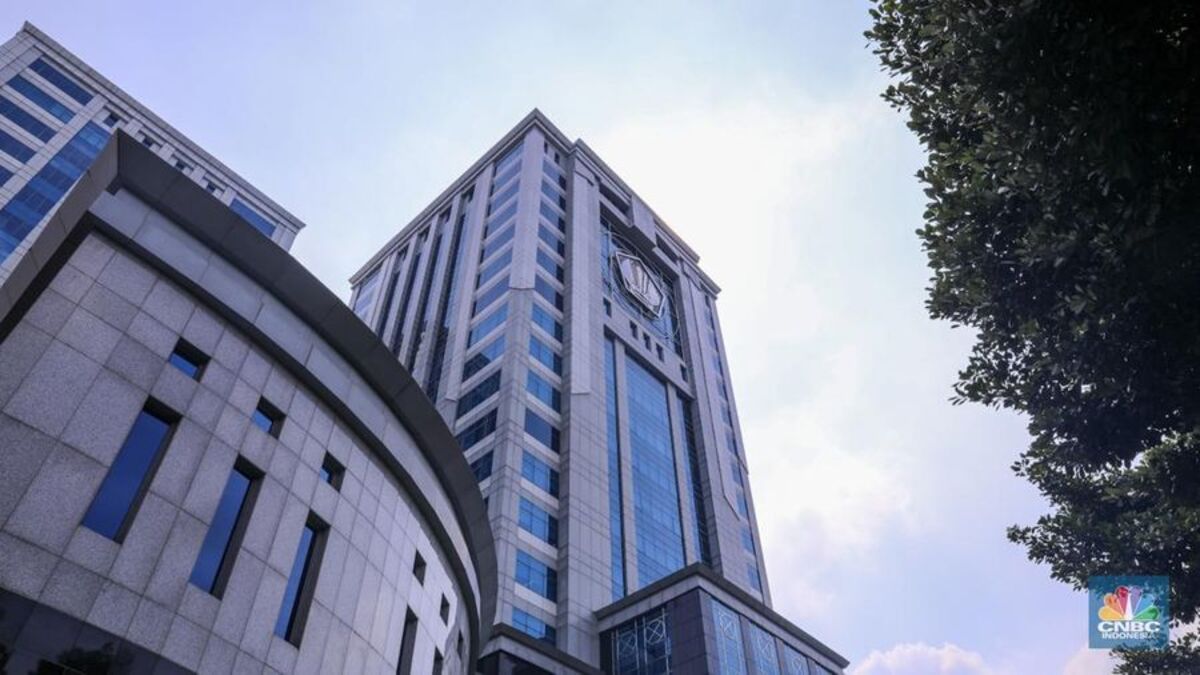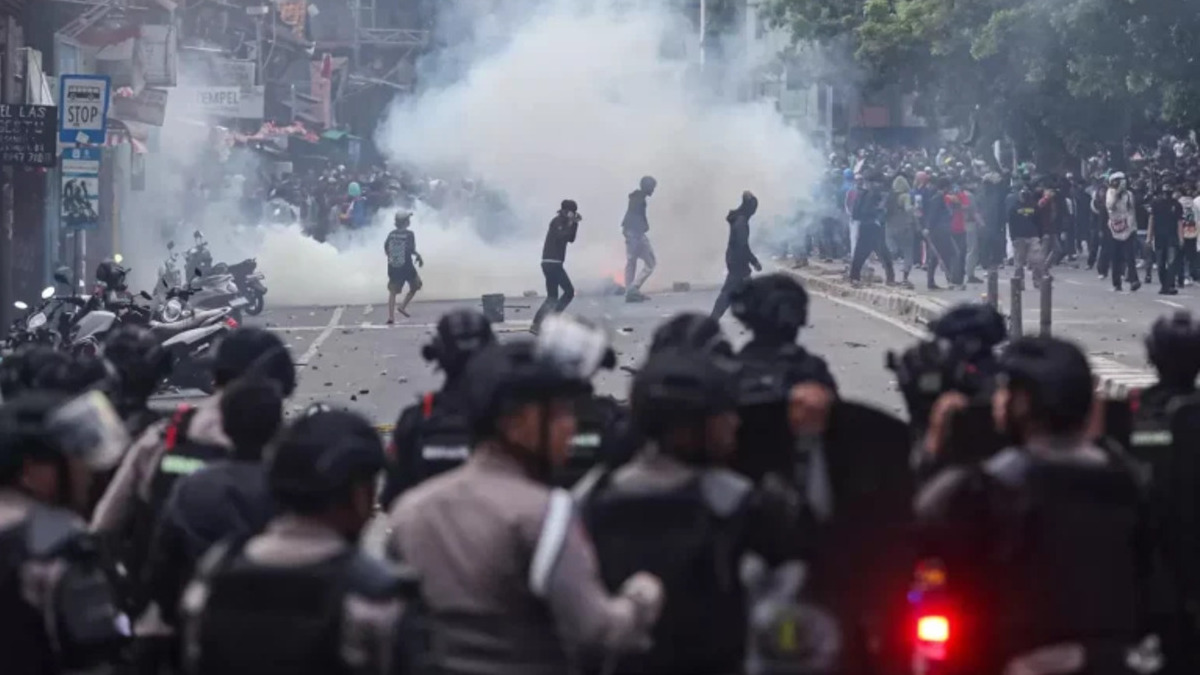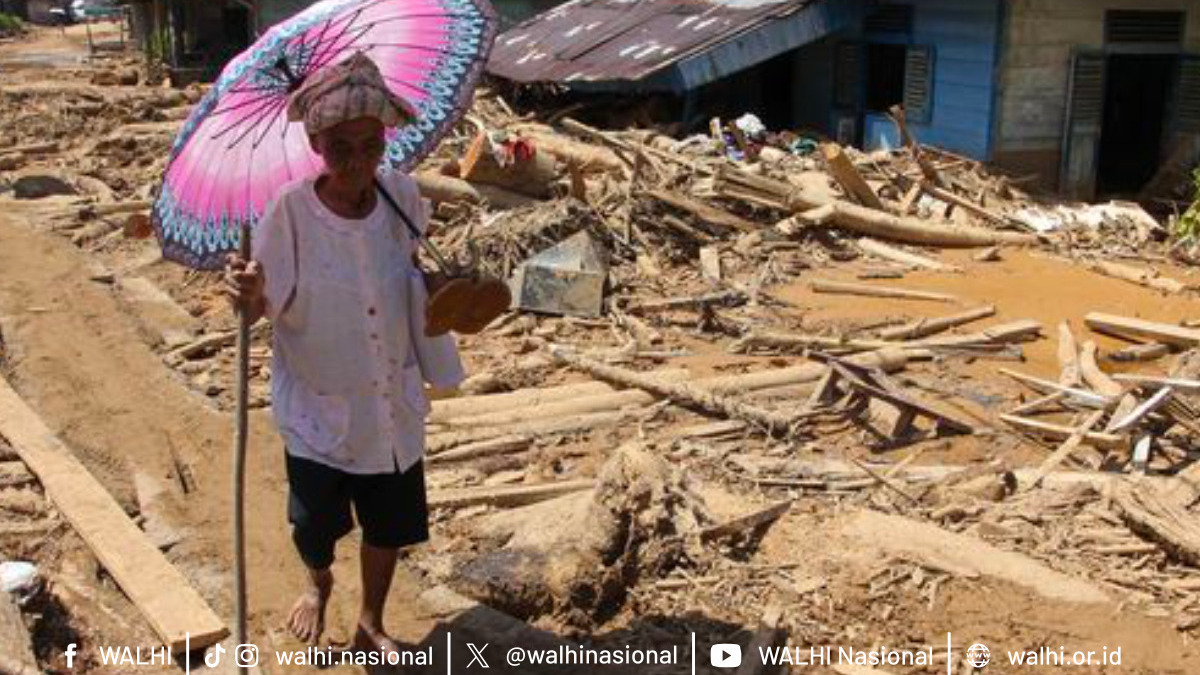Indonesian teenager trafficked to Cambodia after fake football contract
An Indonesian teenager who believed he had secured a football contract was trafficked to Cambodia and forced into an online scam operation, prompting calls for urgent repatriation.
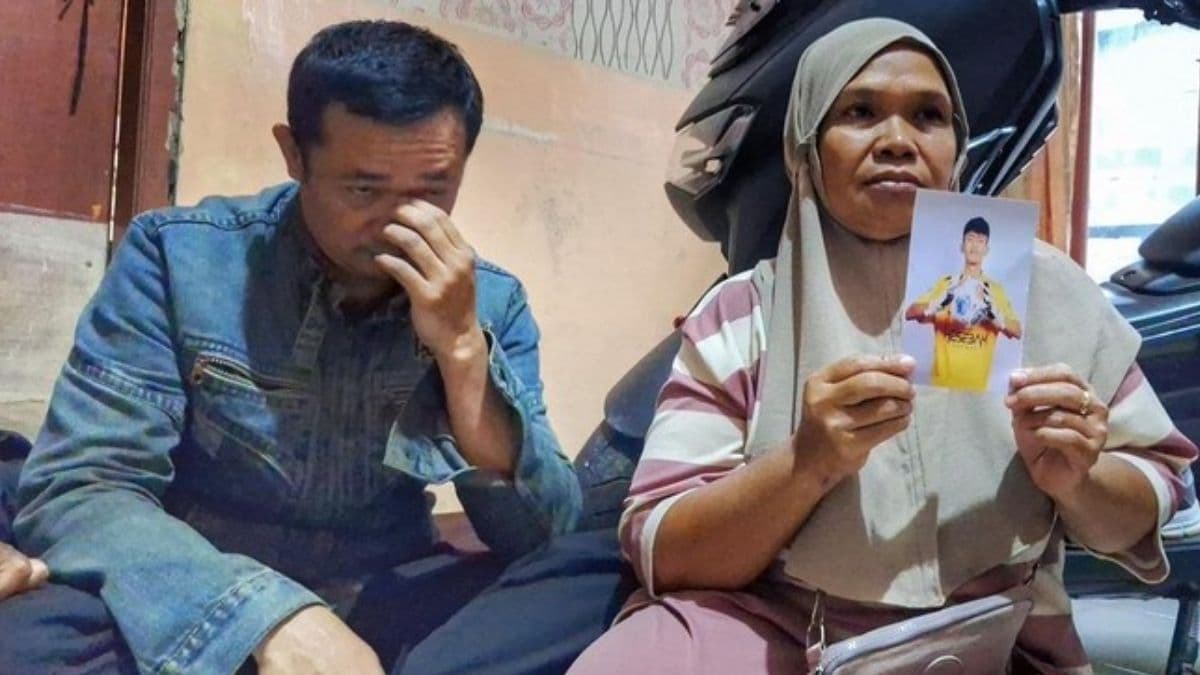
- An 18-year-old from Bandung Regency was trafficked to Cambodia after a fake football offer.
- His family received secret messages describing forced labour, violence, and coercion.
- Indonesian authorities have begun investigations and initiated repatriation procedures.
An 18-year-old Indonesian teenager, Rizki Nur Fadhilah, is believed to have fallen victim to a human trafficking scheme after receiving what he thought was a legitimate football contract. The supposed football contract was offered by someone on Facebook who claimed to be connected to a club in Medan.
The incident gained national attention after a video appeal by his grandmother, Imas Siti Rohanah, went viral on social media.
In the video, she pleaded with authorities to help locate and rescue her grandson.
Rizki, from Citerup in Dayeuhkolot, Bandung Regency, left for Jakarta on 26 October 2025.
His father, Dedi Solehudin, said the offer had initially appeared legitimate.
“My son said he had a one-year football contract in Medan. On 26 October, he departed using a travel service to Jakarta. From Jakarta, he was supposed to fly to Medan,” Dedi told local media.
According to local media, Dedi stated that his son believed he held a one-year football contract in Medan. He travelled by a local transport service to Jakarta, where he expected to board a flight to Medan.
However, on 29 October 2025, the family learned that Rizki was no longer in Indonesia. He informed them that he had been taken to Cambodia after first being transported through Malaysia.
Dedi recounted that his son had sent a message saying, “Dad, I was tricked,” and admitted that the contact was found on Facebook.
According to the family, Rizki was taken from Medan to Malaysia, and then transported onward to Cambodia, where he was forced to work in an online scam operation. Once there, he was allegedly subjected to violence if he failed to meet daily targets.
Dedi reported that his son was required to collect 20 phone numbers of wealthy Chinese individuals each day.
He added that failure to meet these targets resulted in physical abuse.
“He has to find 20 phone numbers of wealthy Chinese individuals. If he doesn’t, they beat him,” Dedi said.
Rizki also told his parents that he was instructed to pose as a woman online to lure victims into transferring money. He reportedly works from 8 a.m. until midnight, and often even later.
Communication with Rizki is limited and dangerous, as he risks punishment from the syndicate if caught. “He communicates secretly. He said he’s afraid they will find out,” his father said.
Before the incident, Rizki had played youth football for SSB Hesebah and trained with the Persib Bandung Academy as a goalkeeper. His background in football reportedly helped convince him that the online offer was genuine.
Authorities have confirmed that the teenager is in Cambodia.
Dayeuhkolot Police Chief AKP Triyono Raharja stated on 18 November 2025 that evidence shared by the family indicated his coordinates were in Cambodia.
“From the preliminary interview and the chat messages and shared location sent by Rizki, the coordinates show he is in Cambodia,” he said on 18 November 2025.
According to the Bandung Regency Manpower Office (Disnaker), the family filed a report on 7 November 2025.
A formal request for repatriation was sent to West Java office of the Indonesian Migrant Worker Protection Agency (BP3MI) on 10 November 2025, outlining the chronology and requesting assistance.
Disnaker noted that the responsibility for repatriation rests with BP3MI, the Ministry for Migrant Worker Protection, and the Indonesian Embassy in Cambodia.
These bodies are expected to coordinate efforts to bring Rizki home.
The case aligns with a broader pattern of trafficking across Southeast Asia.
Networks frequently recruit victims through fraudulent job offers, including football opportunities and modelling work.
Many victims are later transported to Cambodia, Myanmar, or Laos to work in large-scale online scam compounds.
Reports often include accounts of forced labour, restricted movement, and physical abuse.


